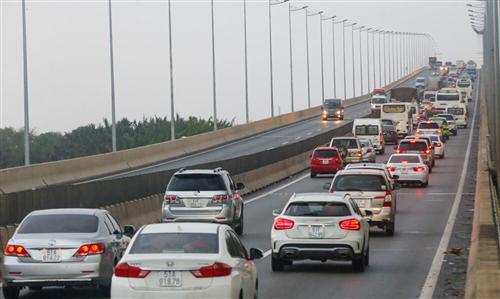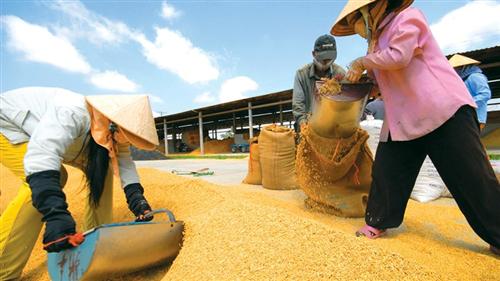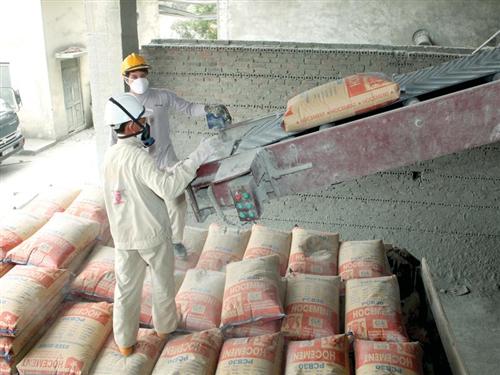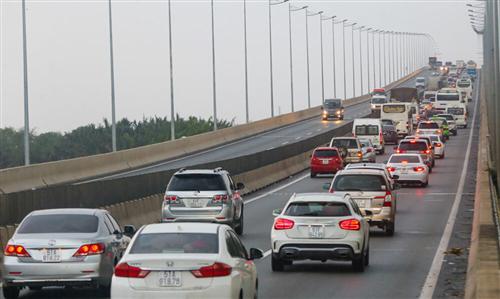Petrol prices plunge for seventh consecutive time
Petrol prices plunge for seventh consecutive time
The retail prices of petrol fell by more than VND600 per litre on Monday following the latest adjustment by the Ministry of Industry and Trade and the Ministry of Finance. 
Specifically, the price of biofuel E5 RON92 fell by VND613 to VND11,343 (US 48 cent) per litre, and that of RON95 petrol also plunged by VND621 to VND11,939 per litre.
Meanwhile, the prices of diesel 0.05S and kerosene were capped at VND10,823 and VND8,639 per litre, down VND436 and VND502, respectively. The price of mazut was also cut by VND126 to VND9,327 per kilo.
This is the seventh consecutive cut since the beginning of this year with a total reduction of VND9,051 per litre for RON95 and VND8,538 per litre for bio-fuel E5 RON92. Domestic retail petrol prices are now at their lowest in 11 years.
The two ministries also decided to use VND400 per litre from the petrol price stabilisation fund for RON95, and VND1,400 per litre for E5 RON92, diesel and kerosene. That for mazut is VND200 per kilo.
The two ministries review fuel prices every 15 days to adjust them in accordance with fluctuations in global markets. In the past fortnight, the world petrol price has plummeted to $14-23 a barrel of petrol, $13-19 a barrel of diesel or kerosene and $50 per tonne of mazut.
In the latest adjustment, the price of biofuel E5 RON92 fell by VND4,100 to VND11,956 per litre at the highest, and that of RON95-III was also down by VND4,252 to VND12,560 per litre.
High petroleum reserves
Viet Nam’s oil and gas inventories are over 90 per cent higher than the required level, and able to meet the domestic petroleum consumption demand in the next few months, according to the Viet Nam Energy Association (VEA).
In the first months of 2020, the COVID-19 pandemic caused a sharp decline in domestic petroleum consumption due to limited travel and the suspension of factories and enterprises. The situation is forecast to continue for some time.
Data released by the General Statistics Office showed that Viet Nam imported 1.85 million tones of petrol and oil in the first three months of 2020, accounting for 61.67 per cent of the total domestic demand at present.
Meanwhile, the Dung Quat and Nghi Son refineries currently meet between 70-80 per cent of the demand.
President of the Viet Nam Energy Association Tran Viet Ngai said domestic reserves were enough to meet demand over the next three months.
The Viet Nam Oil and Gas Group (PetroVietnam) recently asked relevant ministries to halt petrol and oil imports as domestic sales have dropped.
PetroVietnam’s proposal was raised as sales of petrol and oil products in the domestic market slumped an estimated 30 per cent in the first quarter of this year. PetroVietnam also forecast bigger reductions in the coming months.
























